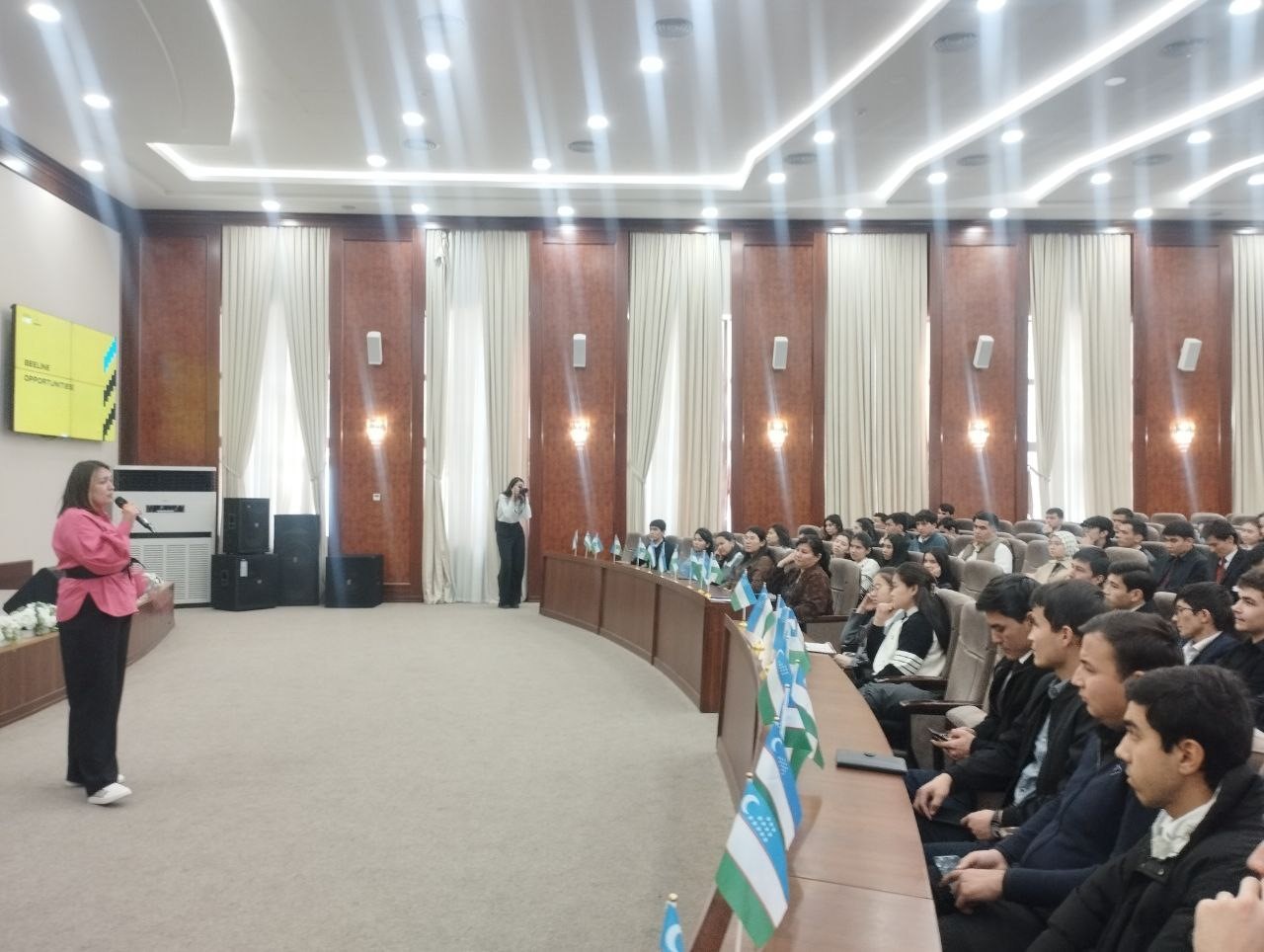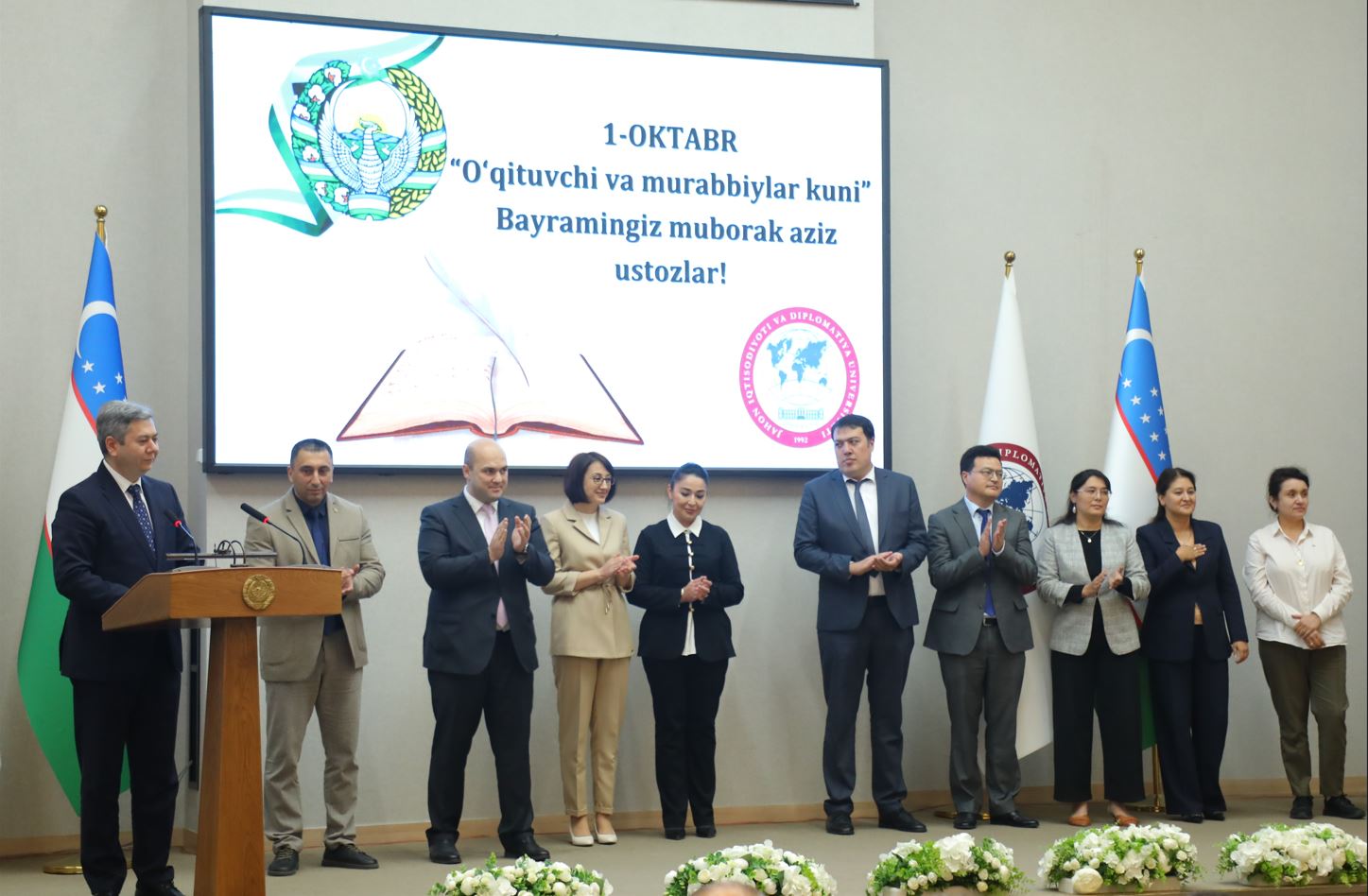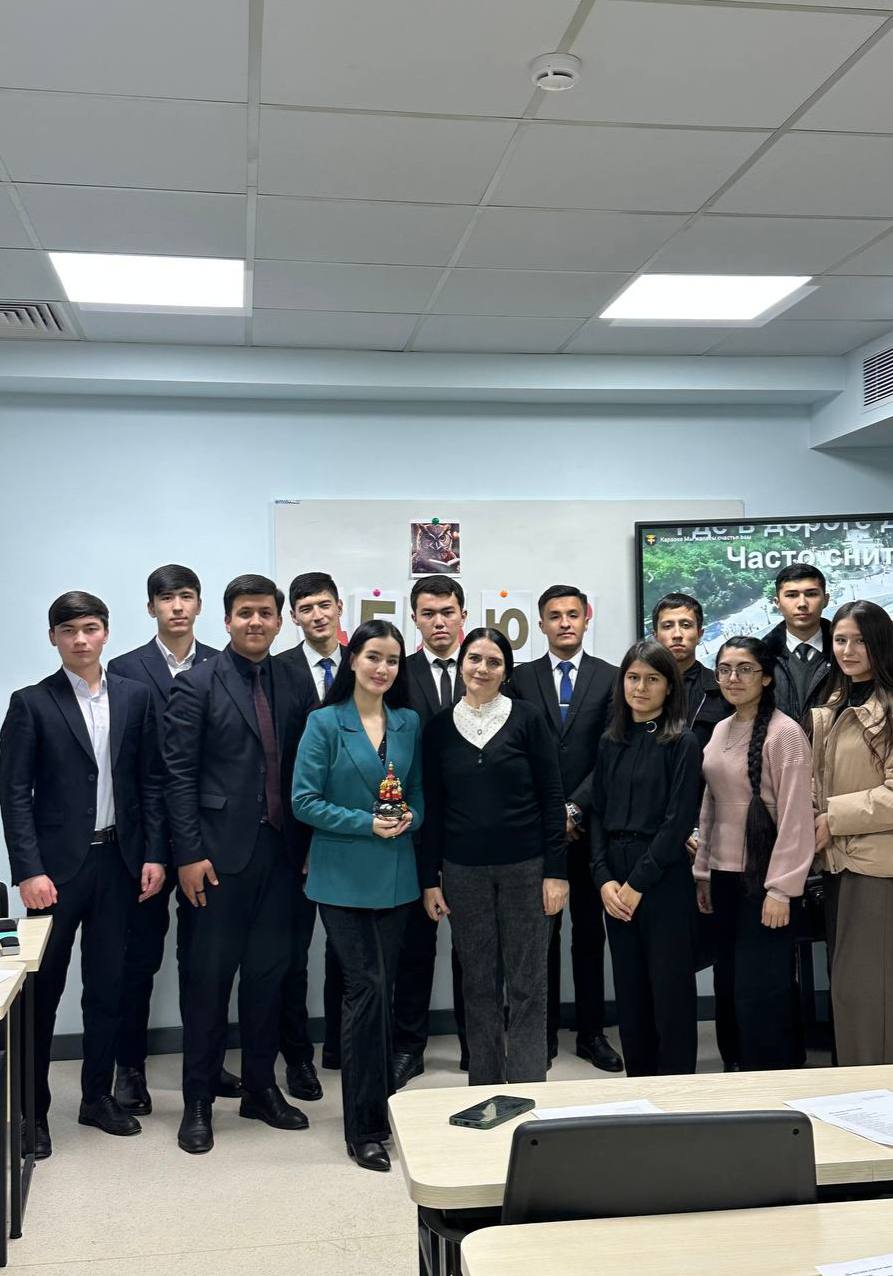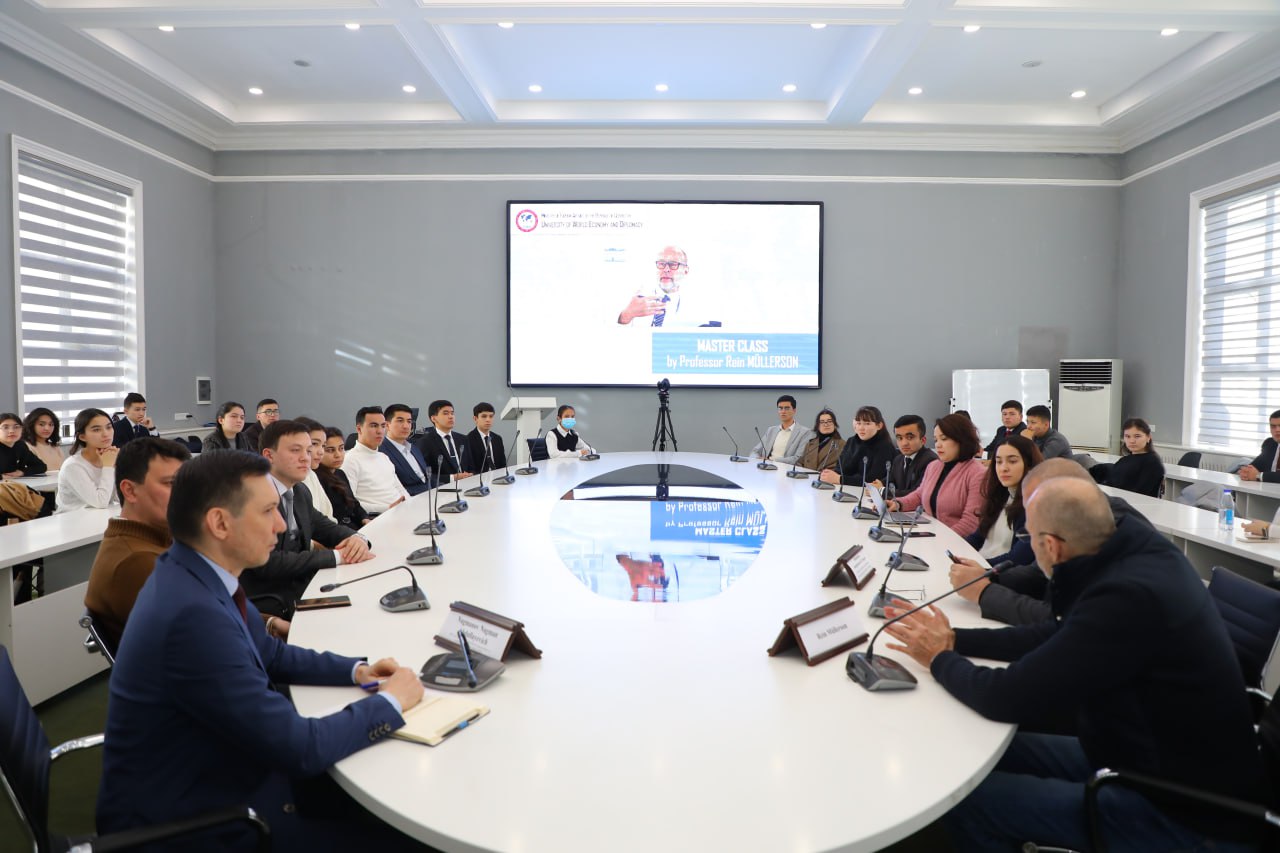
Organization of economic cooperation as a factor in regional development: problems and prospects
Organization of economic cooperation as a factor in regional development: problems and prospects
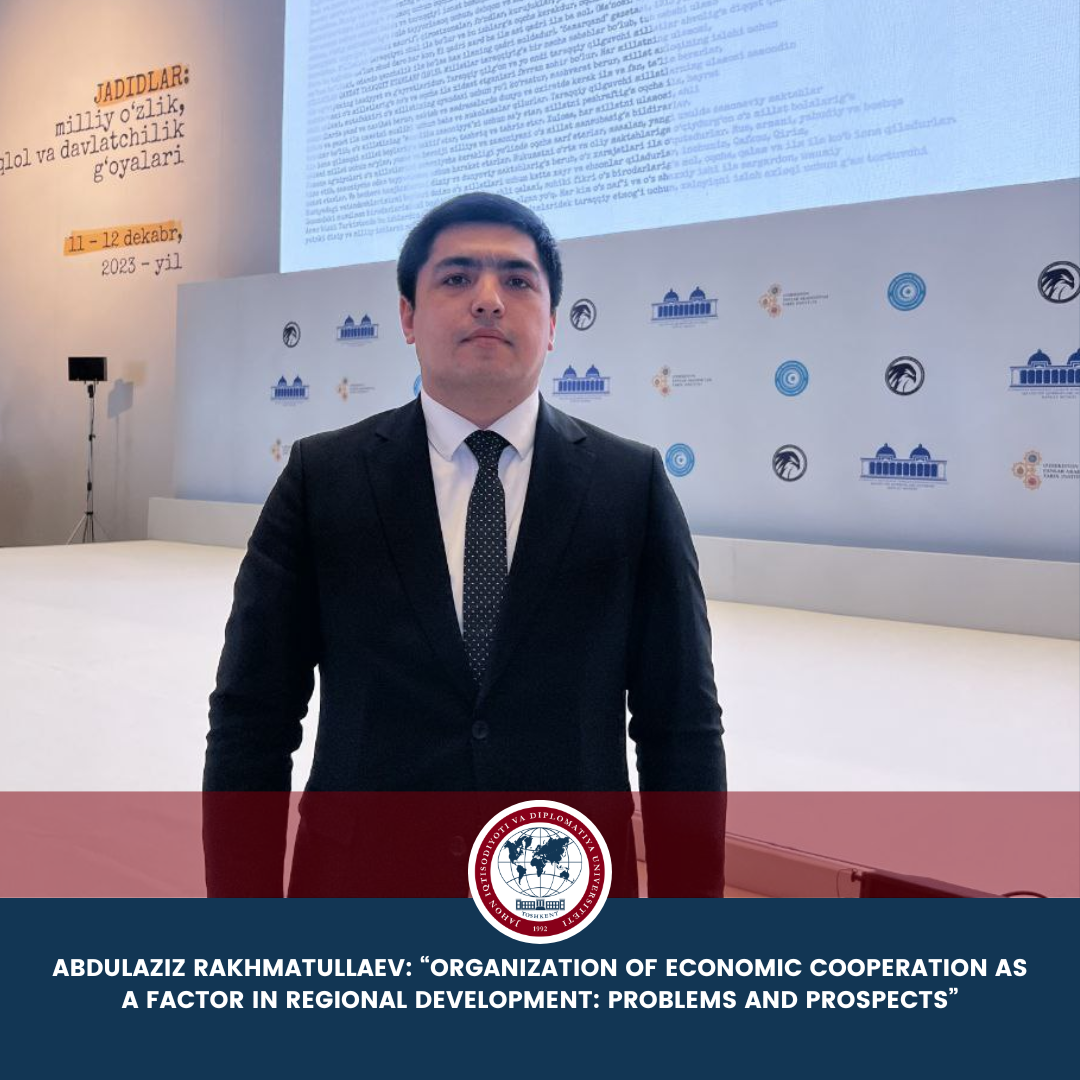
On November 8–9 the summit of the Economic Cooperation Organization was held in Tashkent under the chairmanship of Uzbekistan. This was the sixteenth summit in the history of the ECO. The organization was formed in 1985 by Turkey, Iran and Pakistan. The ECO was the successor to the Organization for Regional Development Cooperation, which operated under the 1977 Izmir Treaty between the three countries. In 1992, seven countries joined the organization: Afghanistan and six former Soviet republics: Azerbaijan, Kazakhstan, Kyrgyzstan, Tajikistan, Turkmenistan and Uzbekistan. The organization holds summits every two years.
Although the development of economic cooperation and trade relations are the key topics of the conference, cooperation in other areas is also actively discussed at the summits. In recent years, the organization's versatility in this regard has been increasingly observed, which is associated with the global unstable geopolitical situation and the escalation of challenges. The latest summit was no exception. In Tashkent, the leaders of the ECO member states discussed a very wide range of issues, which was reflected in the Tashkent Communique [3]. In general, the issues raised can be divided into three large groups of issues: first, the expansion of regional trade and economic cooperation; secondly, the development of cross-border transport and logistics trade infrastructure; thirdly, various security issues.
Today, Uzbekistan’s interest in expanding regional cooperation is as high as ever [2]. The article will analyze the prospects for participation in the ECO against the backdrop of the past summit. It is necessary to identify the main areas where the organization has potential for further growth, as well as the problems and challenges that the organization faces.
Trade and Economic Cooperation
Economic cooperation and trade are the main areas of work of the ECO. Of course, the goal of the organization is not to develop full-fledged integration processes. The ECO is primarily a platform for the development of economic cooperation, not necessarily comprehensive, but also bilateral within the ECO or trilateral. For example, the communique highlights close trade and economic ties between such ECO member countries as Turkey-Azerbaijan-Uzbekistan, Turkey-Azerbaijan-Kazakhstan, Iran-Kazakhstan, Azerbaijan-Kazakhstan, which managed to create bilateral and multilateral mechanisms for sustainable trade and economic cooperation [3].
But at the same time, the ECO is clearly failing to realize its full potential. For example, as Sh. Mirziyoyev stated, last year trade between the ECO countries amounted to $85 billion, which means only 8 percent of their total foreign trade. Years of attempts to conclude an agreement on preferential trade have not yielded the expected results; many other restrictions and obstacles remain ways to create unimpeded trade [5].
To overcome obstacles to expanding economic cooperation, President of Uzbekistan Shavkat Mirziyoyev proposed developing a new conceptual document “Strategic Goals of Economic Cooperation - 2035.” Such a framework document should stipulate the general principles on the basis of which trade and economic cooperation, humanitarian issues, tourism, energy security, transport logistics, etc. And finally, the President of Uzbekistan called for the development of a single trade agreement to reduce trade barriers, which would already give the organization some signs of an integration association [5].
The main constraint on the economic development of the ECO is that most of its members are landlocked: Azerbaijan, Kazakhstan, Turkmenistan, Uzbekistan, Tajikistan and Kyrgyzstan. In addition, due to difficult geographical conditions, cross-border logistics are underdeveloped. To achieve the pace of sustainable development, countries first need to develop cross-border transport infrastructure
Trade Transport Corridors and Logistics
The development of international transport corridors is another important area of cooperation within the ECO. In general, the organization’s space has very high logistics potential. But this potential is fragmented across individual regions and is not integrated. External players invest primarily in the development of trade and economic routes. Russia and India are developing a North-South corridor, to which Azerbaijan, Kazakhstan and Iran are related among ECO members; China is developing the Silk Road Economic Belt, in which all ECO members participate, including routes through Central Asia to Western Asia, such as the Trans-Caspian route and others; China is separately developing the China-Pakistan Economic Corridor.
The key directions of transport corridors for access to deep-sea ports are indicated in the communiqué as Uzbekistan-Turkmenistan-Iran-Oman-Qatar; the Tajikistan-Afghanistan corridor will also be added to this direction [3].
Integration of trade logistics within the ECO can significantly contribute to opening up greater opportunities for Central Asian countries to access the developing markets of South Asia, the Middle East and the Asia-Pacific region [4]. Sh. Mirziyoyev in particular spoke about the need for development in this direction during the summit. This could help Central Asian countries significantly diversify their foreign trade relations through access to new markets. For example, it is already difficult to imagine sustainable economic and, importantly, technological development without interaction with the countries of the Asia-Pacific region, where the largest production capacities are now concentrated.
The leaders of Azerbaijan and Turkey told about the need to invest in the development of the trans-Caspian corridor. This area is indeed becoming increasingly relevant, as security risks are gradually decreasing against the backdrop of regulating the conflict between Azerbaijan and Armenia [4].
The ECO has a Framework Agreement on Transport Transit, an important element in building logistics systems in the region. On the basis of this agreement, ECO members can conclude bilateral or multilateral agreements on transit concessions or improvement of access systems. For example, the communiqué mentions the digitalization of transit systems. In this direction, Sh. Mirziyoyev, as chairman, proposed, in order to widely introduce digitalization of cargo transportation data and effective coordination of such modern systems, the creation of a Digital Transport and Customs Office of the ECO in Tashkent [5].
Security Issues
Security issues are among the most complex on the ECO agenda. Despite the economic nature of the organization and despite numerous contradictions between members on various issues of regional security, countries do not avoid discussing them.
Predictably, the most important topic at the summit was the issue of Afghanistan. ECO members are closely monitoring the internal political situation in Afghanistan and in many respects the views of the partners converge on this issue. Iran and Tajikistan continue to insist on the need to form a more inclusive government in Afghanistan and ensure women's rights and freedoms to maintain a stable socio-political situation [1]. All ECO member countries confirmed their intention to continue to provide humanitarian support to Afghanistan. Also, all parties remained committed to the Afghanistan Support Program being implemented within the framework of the ECO. It should also be noted that despite the high risks, the ECO continues to consider Afghanistan as an important part in the transport and logistics system of the region, thus remaining committed to one of the key principles of the organization - inclusivity.
The organization pays special attention to the issue of normalizing relations between Azerbaijan and Armenia and resolving the Karabakh conflict to maintain stability in the Caucasus. At the initiative of Azerbaijan and Turkey, the final communiqué included clauses on the territories returned by Azerbaijan and the Zangezur economic corridor [3]. In general, the parties confirmed their commitment to the territorial integrity of Azerbaijan.
In addition, the countries discussed issues of energy and food security. The first is especially relevant for the countries of Central Asia in conditions where the countries of the region often begin to face an energy crisis. It is noteworthy that green energy was named as one of the main ways to resolve this problem in the results of the communiqué. This is fully consistent with the trends in the energy security policy of Uzbekistan where in energy strategy since 2021 green energy has occupied a special attention.
This issue is also closely related to the environmental problems faced by most countries in the world, especially the regions belonging to the ECO. These are problems such as entanglement, which worsens the food security situation, and melting glaciers, which worsens the water security situation. In this regard, the ECO countries are focusing on achieving the Sustainable Development Goals and continue to coordinate their actions in this direction.
The summit also devoted time and attention to the issue of food security. Last year, many countries around the world in Africa and the Middle East faced a food crisis. In a difficult geopolitical situation, this could happen again. The special geographical conditions of the region also make this problem difficult. Within the framework of the ECO, there is a Regional Program for Food Security. The interaction of ECO member states within the framework of this program is increasing. Regional ministerial meetings on this issue are held regularly.
Summit results
The past summit definitely became the most eventful with various initiatives in the history of the organization. The summit can be called a breakthrough, since initiatives, including those of Uzbekistan, will still be considered. The absence of taboo topics at the summit indicates a high level of trust; the parties managed to come to common conclusions on various issues, including security, despite the contradictions and the economic nature of the organization. This will certainly also raise the authority of the organization on the world arena.
Conclusuon
As it was found out when analyzing various areas of cooperation within the organization, the ECO has impressive potential for growth. Two main scenarios stand out: either the ECO will continue to develop as an advanced platform for discussion and cooperation, or even as an international institution with elements of a trade association in the case of the implementation of Tashkent’s initiative.
By actively entering into the processes of regionalization, the countries of Central Asia, including Uzbekistan, have two key goals, firstly, access to new markets, and secondly, ensuring their energy security. Both of these areas within the ECO have even greater potential than the trade and economic one. The initiative to integrate the main transport corridors in Eurasia will help solve several problems at once. In this way, Central Asian countries can expand access to deep-sea ports in the Indian Ocean.
| Date: | 13.12.2023 |
| Views: | 7221 |
| Category: | International Relations |
| Share: |
